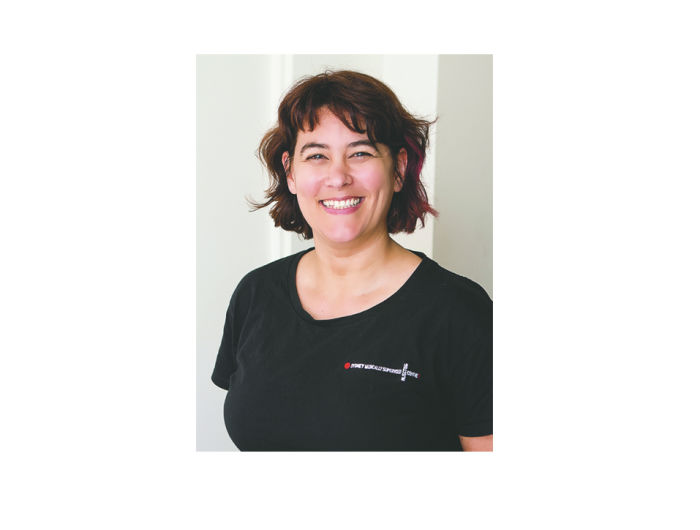
Dr Jauncey, Medical Director of Uniting’s Medically Supervised Injecting Centre (MSIC) in Kings Cross, is backing a resolution by the Uniting Church Synod of NSW-ACT for a re-think on illegal drugs policy.
The Synod’s latest meeting gave the go-ahead for its services and congregations to call on the NSW and ACT governments for increased investment in harm reduction and demand reduction strategies, and for further measures to decriminalise individual possession and use of (but not illegal supply of) small amounts of illegal drugs.
This was the first time a major Christian denomination (national or state) had endorsed such a policy. The Church and its Social Justice Forum (SJF) have since received many supportive emails and social media posts on the issue.
A working group has been formed to coordinate the campaign – convened by the SJF and including Dr Jauncey and other experts to ensure a sound evidence base. The working group is building alliances with supportive medical, health and community organisations already working in the field.
Marianne Jauncey has been Medical Director of the MSIC since 2008. Despite a perfect record of no fatalities, and an 80 per-cent drop in ambulance call-outs in the area, it remains the only facility of its kind in the Southern Hemisphere.
“I work with people every day who are trying to manage their dependence and get their lives back on track,” she says. “Stigma and shame are big issues, and battling drug use convictions serves only to alienate people further.”
The move for a cautious decriminalisation campaign comes from broad acceptance within the Church of the evidence that making personal drug use a criminal offence has not been effective in reducing it.
Worse, the “war on drugs” has increased the risk of preventable deaths, deterred addicts from seeking treatment for fear of criminal consequences, alienated them from their families and ruined their job prospects. Prison terms have compounded the damage. Help, when it arrives, has often been too little or too late.
But while failed law enforcement measures have swallowed over 70 per cent of the national drug budget, treatment and harm minimisation strategies, though proven more effective, have received less than 25 per cent. This has led to expert groups like the Criminal Justice Committee of the NSW Bar Association calling for drug addiction to be treated as a public health, not a criminal issue – with an appropriate funding shift.
Says Dr Jauncey: “If our aim is to respect the inherent dignity of every person, we must re-frame the debate.”
Uniting is calling for some difficult conversations and major policy shifts – but feels the time is right and the evidence can no longer be ignored.





